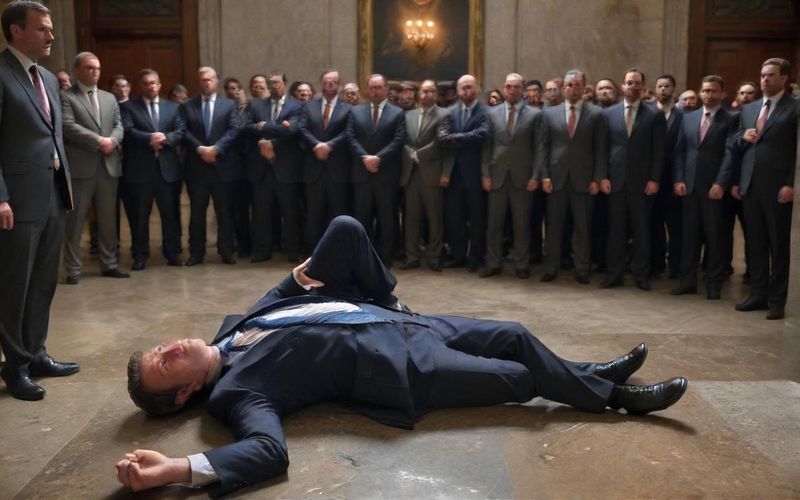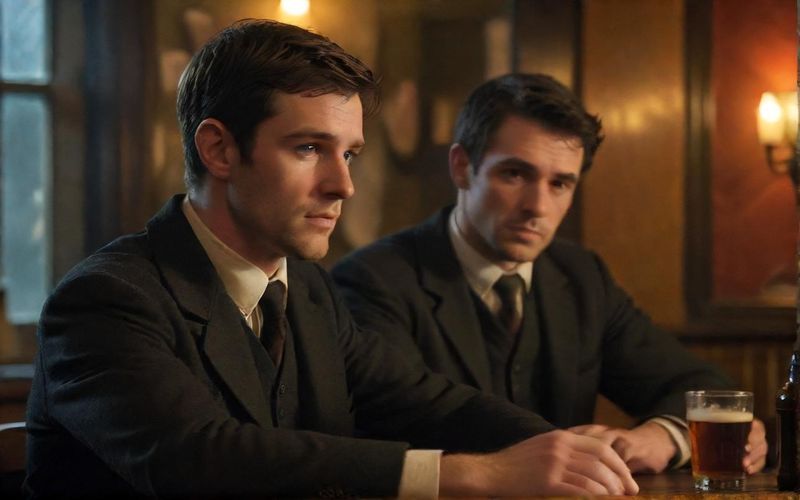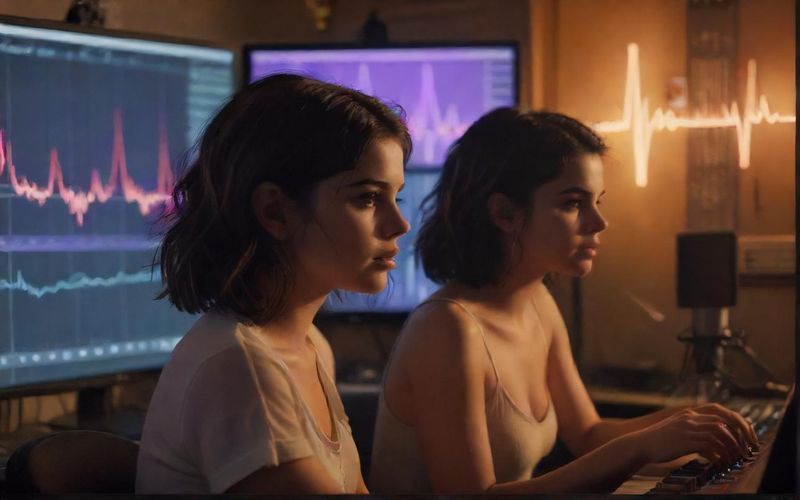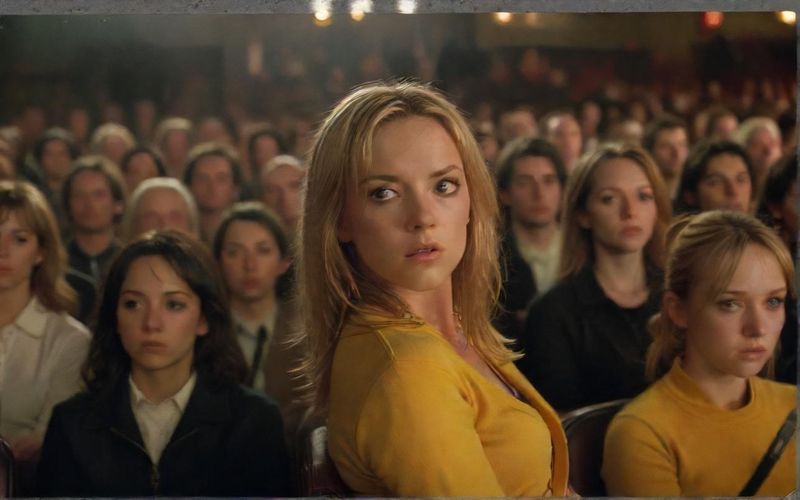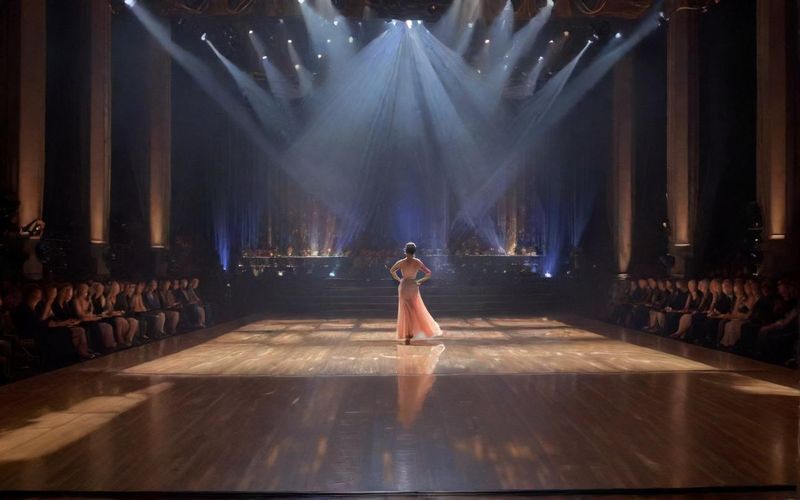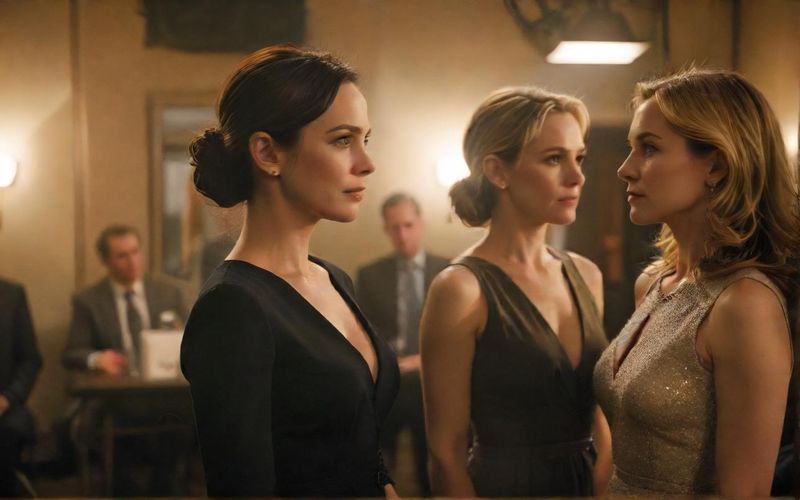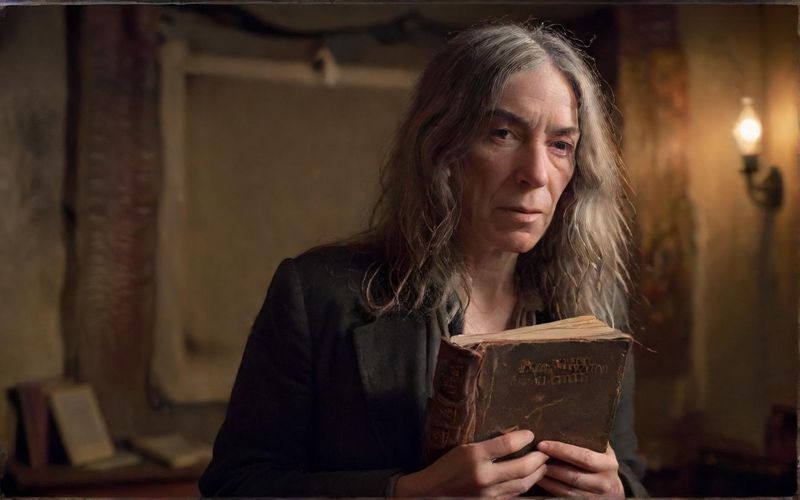Rian Johnson: Star Wars backlash fueled creativity
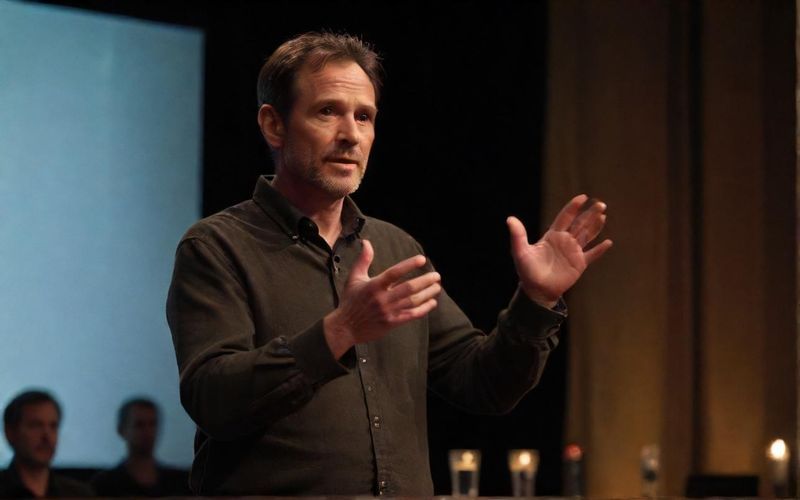
Speaking recently at the Newport Beach Film Festival, Johnson offered a refreshing perspective, suggesting that the fan response, far from pushing him away, was actually part of what drew him to the project in the first place. He likened the current Star Wars landscape to a long-standing tradition of passionate fan engagement, pointing out that even the original trilogy wasn't universally embraced from day one. He recalls the fervor around the prequel era, a time when "the prequel wars" were in full swing, illustrating that division and strong opinions have always been part of the Star Wars DNA.
This is a crucial point often lost in the echo chambers of online discourse. It’s easy to believe that The Last Jedi broke a perceived era of unified adoration for the franchise. Yet, as Johnson highlights, this “Shangri-La, united fandom” idea is largely a myth. Star Wars has always been a multifaceted entity, meaning different things to different people. This inherent diversity of interpretation, he argues, is precisely what fuels the passion and makes the experience of being a fan so dynamic. The ability to respectfully disagree, to argue about beloved characters and narrative choices, is, in his eyes, part of the fun.
What’s truly striking is Johnson’s assertion that his experience with The Last Jedi’s release and subsequent fan interactions has been overwhelmingly positive. He speaks of encountering fans with profound connections to both the film and the broader Star Wars universe, leaving him with an even greater appreciation for the fandom. This is a stark contrast to the commonly held belief that he was driven away by backlash. It suggests a deeper, more nuanced interaction than simply a director versus a critical audience. His perspective implies that the "failure" narrative is a simplification, overlooking the complex emotional and personal connections fans forge with these stories.
This brings us to a fascinating paradox within the current entertainment landscape, particularly with franchises like Star Wars. On one hand, there’s an insatiable demand for new content, exemplified by upcoming films like The Mandalorian & Grogu and the planned Starfighter movie. On the other, there’s a palpable anxiety around disappointing a deeply invested audience. Directors and creators often find themselves walking a tightrope, trying to innovate while simultaneously honoring established lore and satisfying diverse expectations. The sheer commercial success of The Last Jedi, despite its divisive reception, underscores this point. It was a massive earner, topping the box office for 2017 and earning critical acclaim on par with some of the series’ most revered entries.
Johnson's willingness to revisit the conversation, and his unexpected take on it, invites us to reconsider how we, as an audience, engage with beloved properties. Are we so quick to condemn deviations from our personal visions that we miss the deeper, more collaborative spirit of fandom? As the galaxy far, far away continues to expand, perhaps the most crucial quest isn't for a new Skywalker, but for a more understanding and empathetic way to navigate the inevitable disagreements that come with loving something so fiercely.
